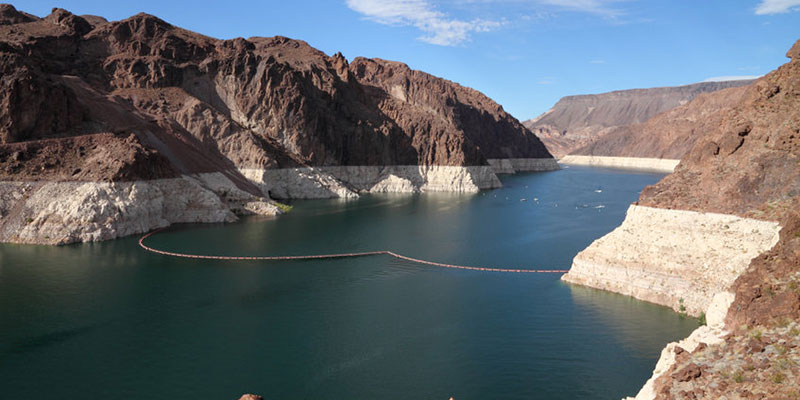Considering climate-related changes like drought, companies must examine the direct and indirect costs of water-related risk.
Barclays bank research says that companies and investors should give more attention to water in their ESG reporting and risk assessments
When evaluating potential investments, socially conscious investors often use environmental, social, and governance criteria. ESG reporting now ranks at the top of corporate sustainability strategies, but while the subject of greenhouse gas emissions has dominated the discussion, the corporate world is beginning to realize that water should play a much larger part in ESG analysis. In fact, many investors now view water security as a proxy for climate security in their decisions. After all, nine of the 10 most serious risks faced by humanity can be traced to insufficient water supply.
The True Costs of Water
Considering the direct and indirect costs of water-related risk, a team of Barclays bank research analysts recently concluded that companies and investors should give much more attention to upcoming water shortages, higher water costs, and tougher regulation of water. “In high consuming sectors such as global consumer staples, water risk should top the list of ESG concerns,” they concluded, and although companies dilligently report their water bills, that only gives a part of the picture. Explaining the true cost of water, the team explained:
A better metric would equalise tariffs across emerging and developed markets, while factoring in the cost of extreme events such as drought and flooding (and insurance against such risks), reputational damage from water use deemed irresponsible, and the impact of water shortages on future growth. Under this model, our analysts estimate that the true cost of water is three to five times greater than reported by companies.
Both Barclays and Forbes also recently raised the alarm that companies significantly underappreciate their water risk. Taking note of a 2020 study by CDP, a nonprofit that helps businesses report their environmental impact, Forbes stated that investment in preparation for a company’s water risk likely is only 20% as expensive as the price of inaction.
4R Approach
Barclays noted that large companies have succeeded with a 4R approach — reducing, reusing, recycling, and reclaiming –incorporating strategies including rainwater harvesting, in-house treatment and reuse, or returning it to nature or other users.
It’s an approach that Fluence has been supporting for years. We’ve taken a number of revolutionary technologies from the drawing board to fully mature solutions that can deliver the 4Rs.
For example, Aspiral™ wastewater treatment units use membrane aerated biofilm reactor (MABR) technology to produce safe effluent that exceeds California’s Title 22 and China Class 1A standards for nonpotable reuse applications.
Our modular NIROBOX™ reverse osmosis units can perform water treatment processes for industry and communities, desalinating brackish or seawater, purifying and reusing process water, and producing drinking water.
Our many anaerobic digestion installations worldwide also reclaim valuable energy from wastewater streams while protecting the environment from high-load wastewater discharges.
The Big Picture
The World Economic Forum (WEF) argues that current ESG focus on climate change may neglect universal access to water and sanitation, and ESG frameworks must change. They recommend:
- Standardization of reporting frameworks to make reporting and adoption of reporting in investment risk evaluations easier for companies
- Recognition that an ESG reporting strategy is not merely a sustainability strategy for ‘greenwashing’
- Ammendment of ESG reporting strategies to realistically rank water much higher as a critical risk and opportunity
Thomas Schumann of Thomas Schumann Capital laid out the case for water’s role in ESG investing simply, saying:
Water is irreplaceable when it comes to supporting life and well-being. By definition, that means there’s an investor and business case for prioritizing water stewardship.
Water Management
Are you interested in boosting your company’s ESG ratings? Contact a Fluence expert to discover how we can help make ESG far more than a sustainability badge. You are welcome to order Fluence’s packaged plants or take advantage of Fluence’s Water Management Services, to have our experts handle the development and management of the plants, so you can simply pay for the clean water, while staying focused on what you do best.

